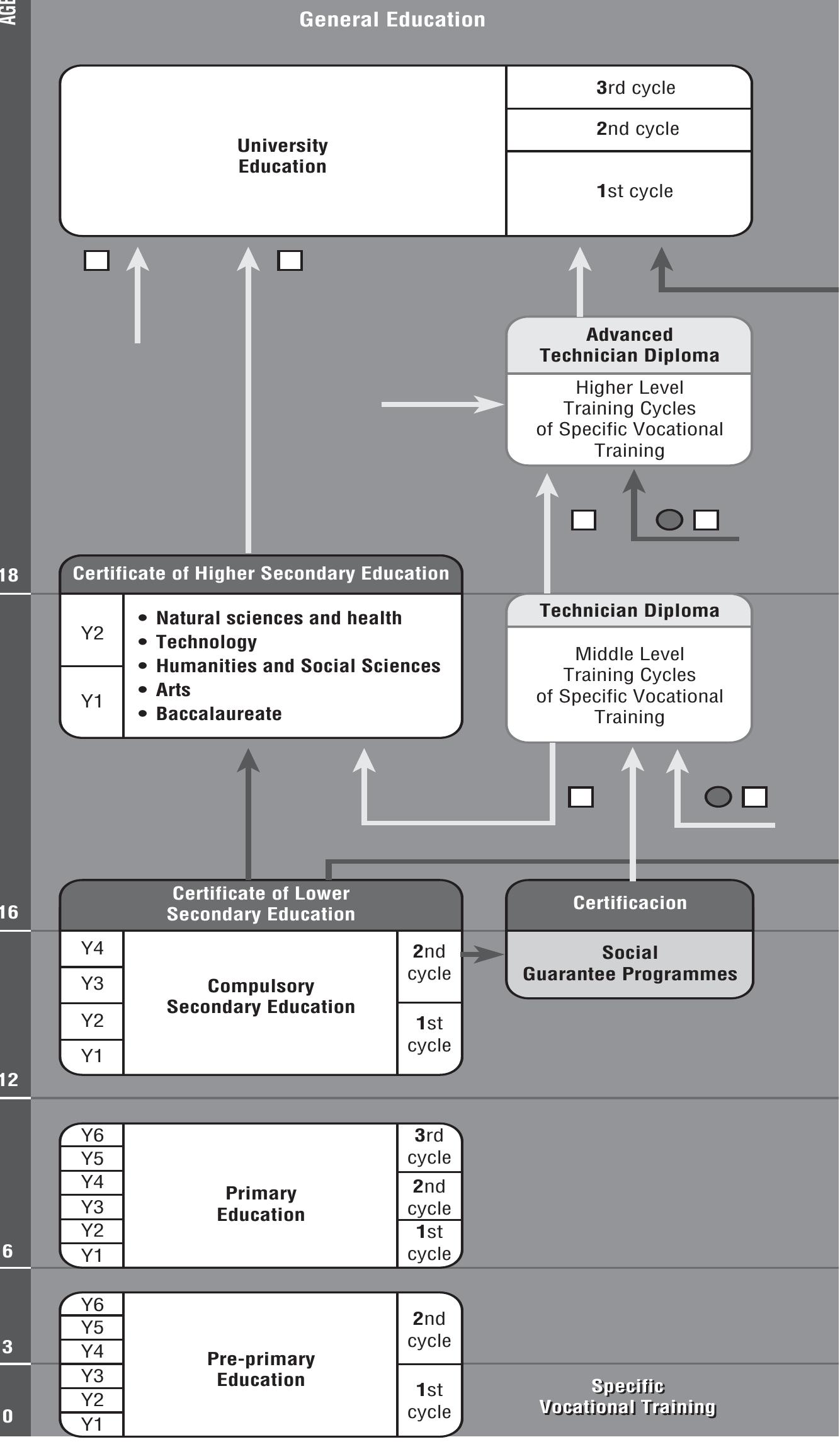Key research themes
1. How can competency-based and authentic assessment frameworks be effectively designed and operationalized in vocational education?
This theme investigates the development, characteristics, and operationalization of competency-based education (CBE) and authentic assessment frameworks tailored to vocational education. It examines how these frameworks align educational outcomes with workforce needs, ensure assessment validity and reliability, and address contextual and cultural considerations to improve student learning and employability.
2. What methodologies and frameworks improve the validity, reliability, and quality control of vocational assessments?
This research theme addresses the challenges and strategies in ensuring the quality, content validity, moderation, and reliability of vocational assessments. It explores expert validation methods, moderation processes, as well as content and construct validity analyses to improve assessment instruments and foster consistent, defensible evaluation outcomes across diverse contexts in vocational education.
3. How does student self-assessment and perception impact vocational learning and assessment effectiveness?
This theme examines the role of self-assessment in vocational education and training as a formative tool enhancing self-regulated learning and student engagement. It also investigates students' perceptions of vocational assessments, their utility, and effect on career decision-making, highlighting implications for instructional design and transition planning in vocational contexts.




